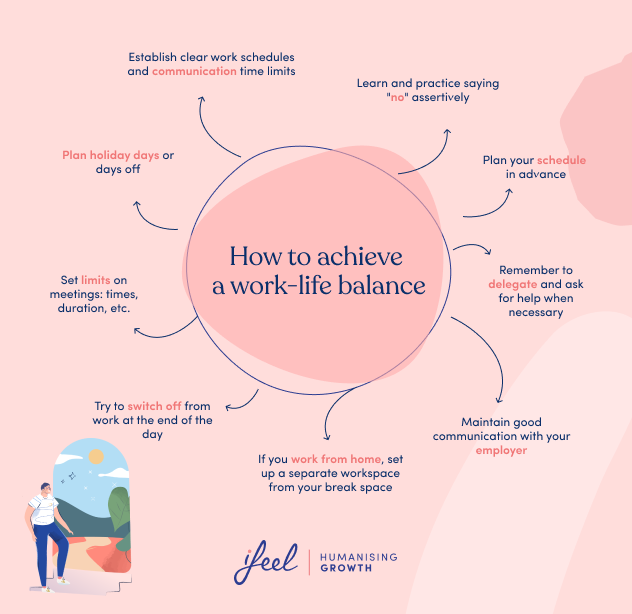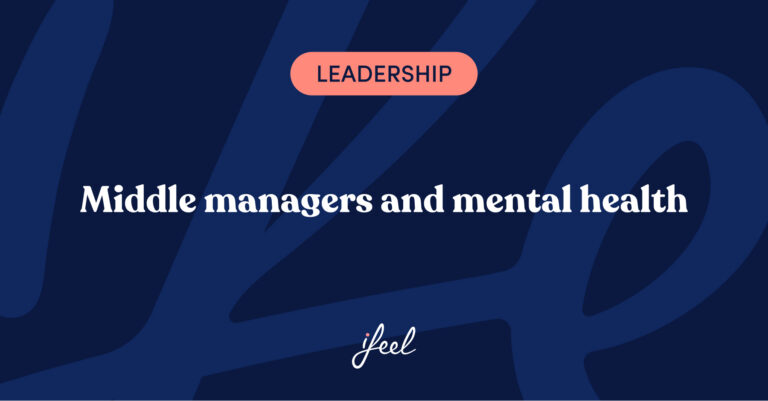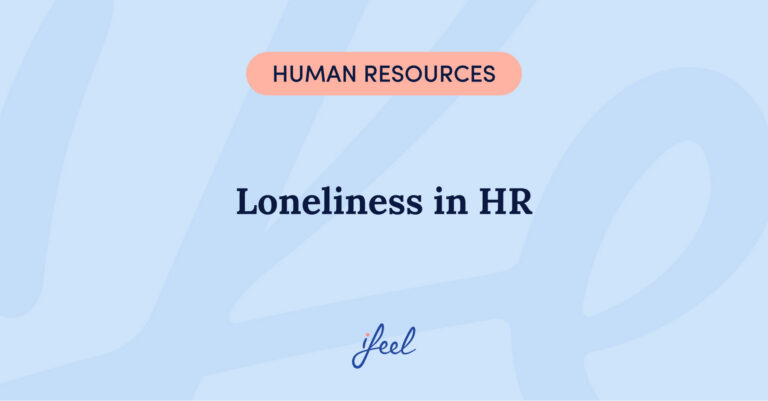Achieving work-family balance is one of the most pressing challenges in today’s workplace. For many, the difficulty stems not from poor organisation but from working in environments that lack the right support. However, the good news is that more companies recognise the need for change. Here, we explore essential strategies to promote work-family balance and how both individuals and organisations can benefit.
How can your organisation better support work-family balance to drive both employee well-being and business success?
Work-family balance: is it impossible?
Unfortunately, for some people, it is not always because of an inability to organse themselves but because, aside from personal issues, they sometimes work in companies that have not yet understood the importance of work-family balance for the company’s well-being.
The good news is that more and more companies are taking on board the legitimate need of their staff members to achieve a work-family balance. This is a corporate movement that goes hand in hand with individual responsibility: increasingly, people are giving work-family balance the value it deserves and are concerned about acquiring better tools to achieve it.

The benefits of work-family balance: Insights for HR leaders
A well-executed work-family balance strategy can deliver substantial benefits for both employees and employers:
- Strengthens talent retention: Organisations with robust work-family balance programs save costs associated with high turnover and attract top talent.
- Reduces stress and anxiety: Employees feel empowered and less overwhelmed, knowing they can attend to personal matters without jeopardising work responsibilities.
- Increases employee commitment: Employees who feel supported are more loyal and invested. A study by Stanford economist Nicholas Bloom found that hybrid work schedules, where employees work from home two days a week, led to a 33% reduction in employee resignations and maintained productivity levels
- Fosters a positive work environment: Employees who are less stressed contribute to a happier, more collaborative workplace, which enhances team cohesion.
3 key points to improve your work-family balance
mproving work-family balance requires thoughtful and strategic action. HR leaders can take the following three practical steps to support employees in achieving a more harmonious integration between work and personal life.
| Actionable strategy | Details | Example |
|---|---|---|
| 1. Understand the root causes of imbalance | Identify the factors causing stress or conflict. Determine if employees are struggling with setting boundaries or if company policies contribute to the problem. | Conduct anonymous employee surveys to uncover obstacles and potential areas for improvement. |
| 2. Empower employees with flexibility | Allow employees to manage their work schedules around personal needs. Implement flexible pilot programs, like Four-Day Workweeks, to enhance productivity. | Leaders should encourage flexibility and remain open to discussing individual needs. |
| 3. Corporate responsibility and strategic initiatives | Treat work-family balance as a strategic priority, not a secondary concern. Initiatives like mental health days can improve team morale and employee well-being. | Introduce a policy of periodic mental health days, which can lead to increased morale and a decrease in employee burnout. |
HR leaders can foster a healthier and more productive work environment by understanding the root causes of imbalance, empowering employees with flexible work arrangements, and treating work-family balance as a strategic initiative. Implementing these strategies can lead to sustainable benefits for both employees and the organisation as a whole.
The Leadership Lens 🔎
From a leadership perspective, promoting work-family balance is not just about employee satisfaction; it’s a strategic investment in organisational success. Leaders who prioritise balance see reduced burnout, higher engagement, and stronger team cohesion. By setting an example, advocating for flexible policies, and actively listening to employee needs, HR leaders can create a culture of well-being.
Consider how your leadership decisions around work-family balance impact not just productivity but long-term talent retention and organisational reputation. Are you strategically investing in your workforce’s holistic well-being?
Supporting companies that value family reconciliation
At ifeel, we understand the importance of fostering work-family balance in the workplace to boost employees’ mental well-being and the organisation’s overall success.
To support companies in this process, our team of expert workplace well-being psychologists has created a mental well-being solution for businesses that improves talent retention, reduces presenteeism, and combats employee stress.
With our mental well-being solution, your company’s HR managers can receive personalised, data-driven advice on improving mental health at work. In addition, this solution offers employees a 360° mental well-being service structured at different levels according to their needs. Try our solution now to see how it could help you.
We hope you found this article on work-family balance interesting. If you would like more information about our mental well-being solution for companies, just ask us and we will get in touch with your team as soon as possible.











